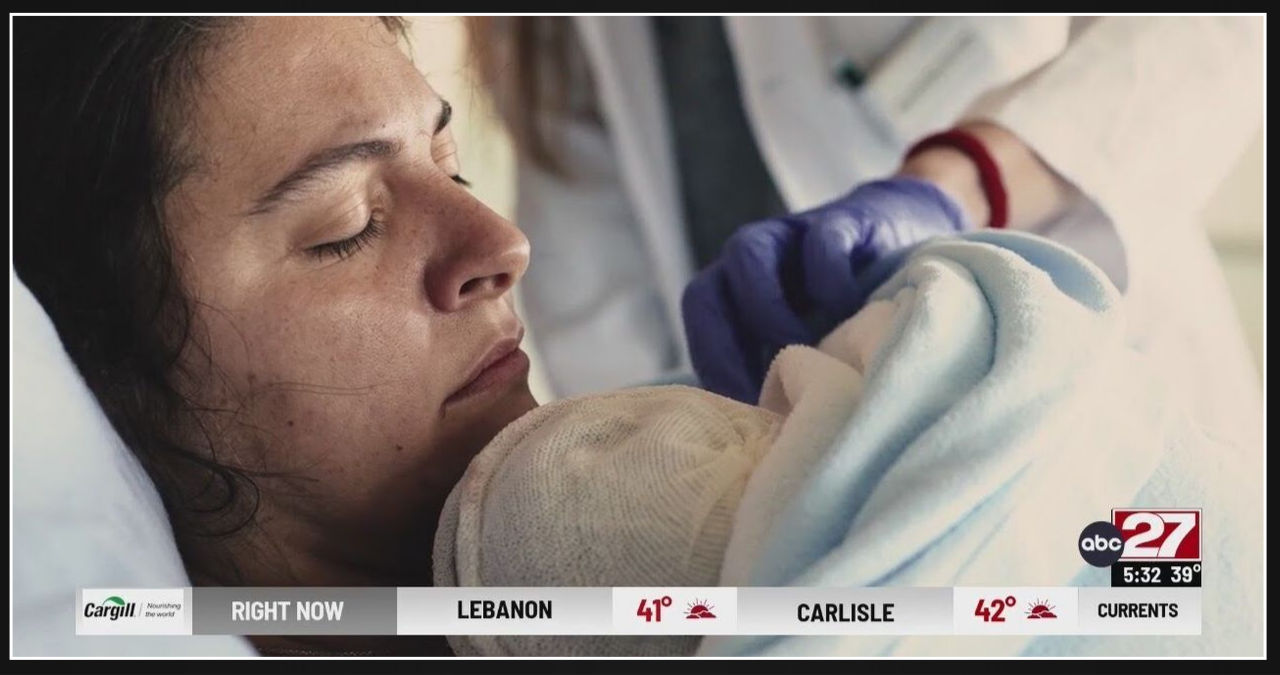Pennsylvania man accused of murdering 4 students seeks to eliminate use of genetic information as evidence
By REBECCA BOONE, The Associated Press
Rebecca Boone, an Associated Press journalist, reports on a particular topic.
The defense lawyers representing a Pennsylvania man accused of murdering four University of Idaho students are requesting the court to dismiss the majority of the evidence presented in the case. They argue that the entire case relies on an unconstitutional genetic investigation procedure.
Bryan Kohberger’s defense team argues that police misconduct has tainted the search warrants in the case. They are presenting their case during a two-day hearing that began on Thursday morning. Some parts of the hearing will be closed to the public. If their arguments are successful, it could significantly impact the prosecution’s case before the trial begins in August.
Kohberger was raised in Monroe County and later pursued his education at Northampton Community College in Bethlehem Township. He successfully completed his bachelor’s and master’s degrees at DeSales University in Upper Saucon Township.
Four counts of murder have been charged against him in relation to the tragic deaths of Ethan Chapin, Xana Kernodle, Madison Mogen, and Kaylee Goncalves. These individuals lost their lives on the early morning of November 13, 2022, in a rental home near the campus in Moscow, Idaho. When requested to enter a plea, Kohberger remained silent, leading the judge to enter a not-guilty plea on his behalf. In the event of a conviction, prosecutors have expressed their intention to pursue the death penalty.
According to Kohberger’s attorneys, his constitutional rights were violated by law enforcement when they employed a technique known as Investigative Genetic Genealogy (IGG) to determine potential suspects.
According to attorneys Jay Weston Logsdon and Ann Taylor, the investigation into him would not have occurred if it weren’t for the initial constitutional violation. They argue that without the Initial Genetic Genealogy (IGG) analysis, there would be no case, no request for his phone records, no surveillance of his parents’ home, and no DNA collected from the garbage outside. They believe that since the IGG analysis is the starting point of this matter, everything in the affidavit should be removed.
The IGG process typically begins when DNA discovered at a crime scene fails to produce any matches in traditional law enforcement databases. In such cases, investigators may analyze the different variations, known as single nucleotide polymorphisms (SNPs), present in the DNA sample. These SNPs, also referred to as “snips,” are subsequently uploaded to genealogy databases such as GEDmatch or FamilyTreeDNA to identify potential relatives of the individual whose DNA was found at the scene.
Investigators discovered trace DNA, commonly referred to as “touch DNA,” on the sheath of a knife found at the crime scene where the students were tragically stabbed. By utilizing the IGG process, the FBI was able to analyze this DNA and determine that Kohberger could be a potential suspect.
Latah County Prosecutor Bill Thompson and the rest of the prosecution team maintain that the use of IGG is constitutional, highlighting the fact that Kohberger’s relatives willingly submitted their own DNA to a genetic genealogy service. They further argue, based on established case law, that defendants do not possess a reasonable expectation of privacy for DNA left at a crime scene.
According to the defense team, law enforcement officers intentionally or negligently withheld vital information and made false statements when seeking search warrants for Kohberger’s apartment, his parents’ house, his car, his cellphone, and even his DNA. The defense argues that this evidence should be excluded from the trial.
Details regarding the alleged police misconduct are not readily available to the public. Judge Steven Hippler of the 4th District has chosen to keep a majority of the court filings and IGG evidence documents under seal. In an effort to prevent potential jurors from being influenced by potentially inadmissible evidence, part of the upcoming hearing will be conducted behind closed doors.
The judge was asked to reconsider the secrecy by a coalition of news organizations, including The Associated Press, on Wednesday.















Post Comment